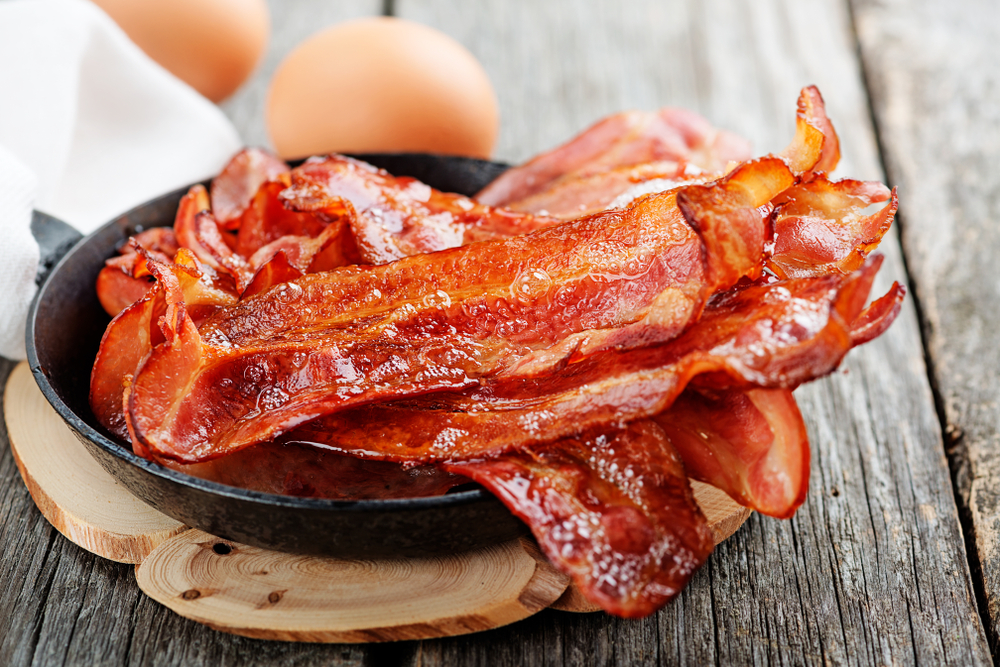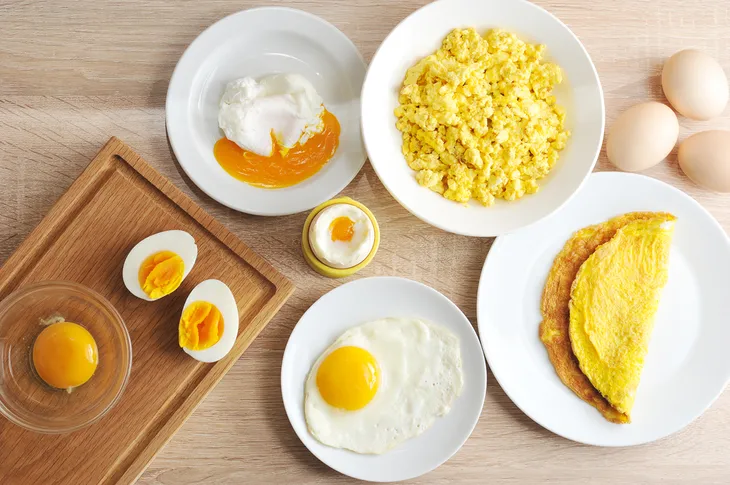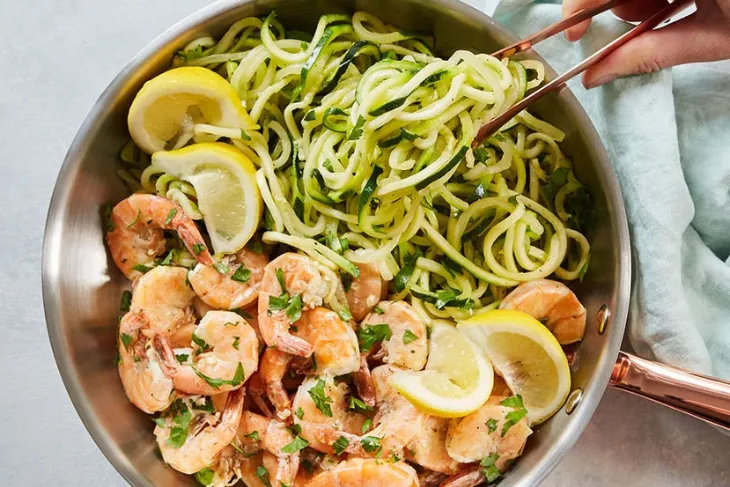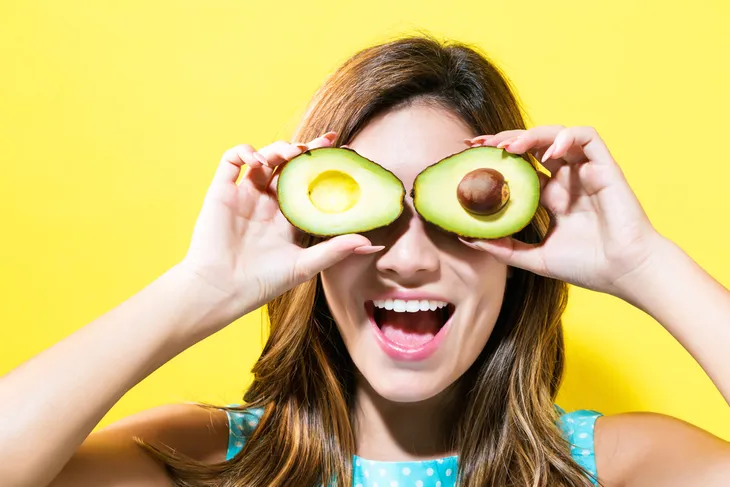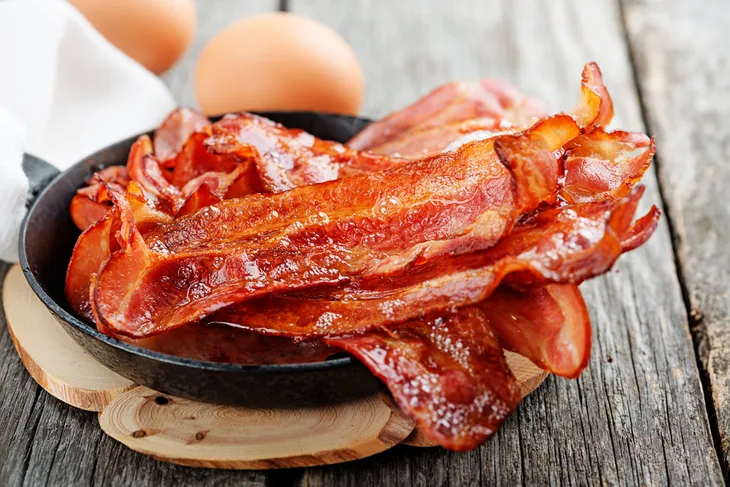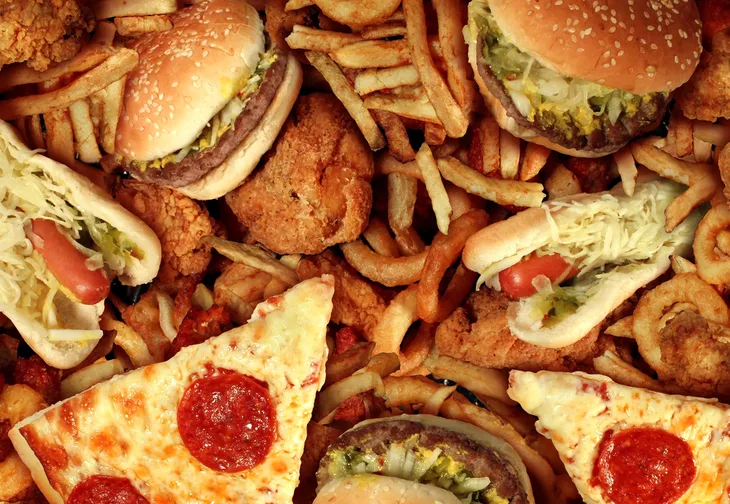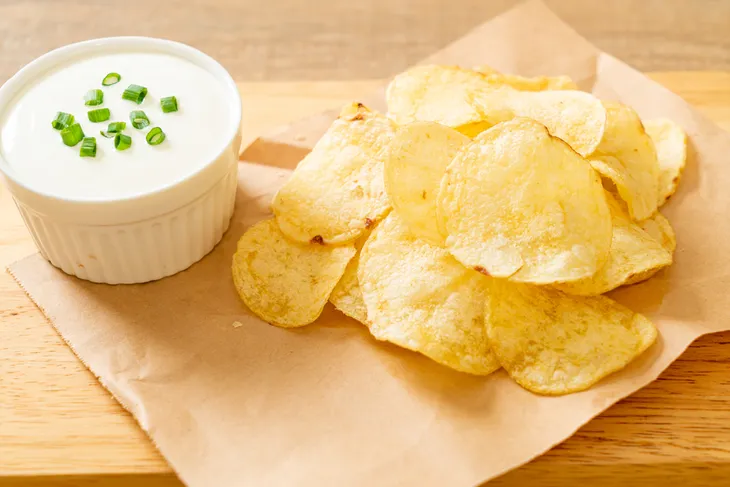Cholesterol: it has a bad name, but it’s really not all bad. It’s important to note that cholesterol is naturally produced by the liver and plays a vital role in the body. Medical News Today calls it “an essential building block for cell membranes.”
While having untreated high cholesterol can put you at risk for heart disease, there are some healthy foods that are high in cholesterol that aren’t deemed a risk. In fact, in some cases, dietary cholesterol can help balance out the ratio of LDL (“bad” cholesterol) and HDL (“good” cholesterol), according to Healthline. However, that’s not to say you should indulge in high-cholesterol foods without a second thought, as some people are more susceptible to them. We’ve created a list of high cholesterol foods and uncovered which ones you should eat and which ones you should avoid.
High Cholesterol Foods You Should Eat
Eggs
Eggs are one of those foods that are highly versatile and can be incorporated into many different dishes. However, eggs are rich in cholesterol – 211-milligrams (MG) in a single large egg. That’s about 70-percent of the recommended daily intake of cholesterol.
Thankfully, research suggests that eggs don’t negatively impact cholesterol levels. In fact, Healthline notes eating whole eggs can boost HDL levels. There are also many other incredible health benefits of eggs. They’re a great source of protein as well as vitamins A and B.
Certain Seafood
Shellfish like clams, crab, and shrimp are high in cholesterol. In fact, shrimp packs 166-mg of cholesterol per 3-ounce serving. This is more than half of what you need per day. The good news is that shellfish are also high in protein, B vitamins, and iron, as well as “bioactive components” that can lower LDL and help lower the risk of heart disease.
Another type of seafood worth eating is sardines. They contain 131-mg of cholesterol per 3.75-ounce serving but are also a great source of vitamins D, E, and B12, as well as calcium, iron, magnesium, and more.
Avocados
While avocados are high in fat, the fat is in the form of monounsaturated fatty acids. These are a healthy replacement for saturated fats that are commonly found in meats.
Research has suggested that one avocado a day might be able to keep the doctor away. Well, it doesn’t use that exact wording, but it does explain that eating this fruit daily can help LDL levels in people who are considered overweight or obese. Avocados are also delicious and can be made into guacamole, but beware of the high-fat corn chips that often go alongside it.
Full-Fat Yogurt
While some fats can negatively impact cholesterol levels, Healthline says full-fat yogurt can be your friend, despite the description. While it says it is “cholesterol-rich” (31.9-mg per 245-gram serving), it also says this product contains many healthy components such as protein, calcium, B vitamins, magnesium, and more.
It also notes that recent research has suggested consuming full-fat fermented dairy such as yogurt can actually lead to reductions in LDL, as well as helping to control blood pressure. Meanwhile, it can also help improve your gut health with “friendly” bacteria.
High Cholesterol Foods You Should Avoid
Certain Meats
Medical News Today explains that animal products contain cholesterol. However, it also notes that this should be “less of a concern than fat content,” and that the bloodstream doesn’t absorb much of it. They also note cholesterol levels are largely unaffected following consumption of meat.
However, it still notes that there could be some benefits to limiting some meats, as there is still a chance that some cholesterol could be absorbed and reach the arteries. Some meats you should avoid include red meat (beef, lamb, and pork), sausage, and bacon. If you do want to have some red meat, look for a pasture-raised steak that is lower in cholesterol and higher in omega-3 fatty acids. Seek leaner cut meats which usually will be better for those avoiding high cholesterol.
Some Baked Goods
The problem with certain bakery items is that they may still contain trans fats, despite being banned in the U.S. according to WebMD. The presence of trans fats (also known as partially hydrogenated oils) in foods can boost bad cholesterol (LDL) levels.
There still might be some trans fats lurking in certain products from the bakery, such as cookies, cakes, and frozen pies. WebMD also warns to double-check the labels of refrigerated dough used for baking biscuits and cinnamon rolls.
Fried Fast Food
This one probably won’t come as much of a shock. But it may be tough to avoid when you’re on the go and need some quick hunger relief. Trans fats can lurk in fast food including fried chicken, hamburgers, fries, and even fried noodles.
This is because some restaurants use trans-fat heavy vegetable oils that can soak into the food. Further, high temperatures can actually cause the fat content to increase slightly. If the cooking oil is used repeatedly, it can further boost trans fat levels.
Potato Chips and Crackers
It’s hard to resist these salty snacks, especially if you’re loading them up with some kind of tasty dip. Unfortunately, while many of these products in stores claim to be trans fat-free, they could still contain partially hydrogenated oils that can impact cholesterol levels.
The bottom line here is to double-check the labels to ensure there are no suspicious fats hiding in these foods that can boost cholesterol. You should also check the labels of the dips you’re eating with these snacks too. Also, keep in mind that high sodium in certain brands of crackers and chips can lead to a higher risk of cardiovascular issues.
